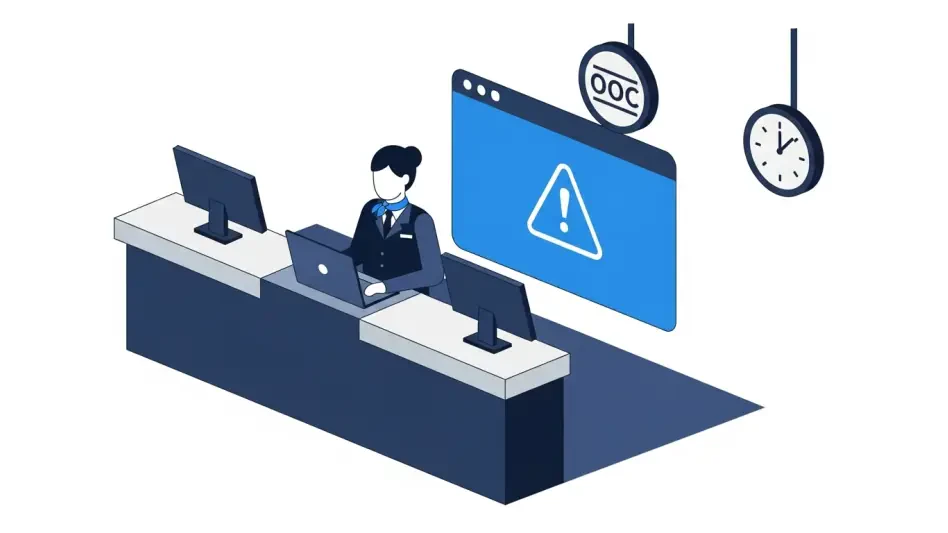The rise of artificial intelligence has paved the way for unprecedented advancements across industries, but it has also led to significant concerns in cybersecurity. Recently, agents from the Federal Bureau of Investigation have identified a new form of phishing scam that utilizes AI-generated voices and messages. These advanced tactics aim to deceive individuals by impersonating high-ranking U.S. officials, tricking victims into revealing their personal information or clicking on malicious links. Initially targeting senior federal or state government officials and their associates, this scam is spreading and is particularly alarming for close-knit communities like those in Montana. With the ability to manipulate information based on accurate personal details of the victims, these scams have become sophisticated, establishing trust through personalized communication, eventually extracting sensitive information such as login credentials or money. This threat highlights the urgent need for vigilance and critical scrutiny in the face of unsolicited communications, making it a topic of serious concern within the cybersecurity landscape.
The Sophisticated Mechanisms of AI-Driven Scams
AI-driven phishing scams have evolved significantly, employing advanced technologies such as “smishing” and “vishing” to target unsuspecting victims. Smishing involves sending deceitful text messages designed to mislead recipients into disclosing sensitive information. Meanwhile, vishing leverages phone calls or voice messages that sound convincingly authentic, utilizing AI to mimic the tones and inflections of trusted voices. This form of deception often includes precise details concerning an individual’s background or professional affiliations, thereby increasing its effectiveness. The criminals behind these scams carefully craft their messages to seem legitimate, creating convincing scenarios that exploit victims’ trust. By shifting the communication to less secure platforms, they successfully manipulate and extract confidential data. If the scammers gain access to one account, they can expand their reach by impersonating and deceiving more contacts, leading to a damaging chain reaction of fraud. Ensuring awareness and understanding of these methods is crucial to safeguarding against this escalating threat.
The Cascading Effect of Deceit and Proposed Precautions
Once a scammer has successfully compromised an account, the ripple effects can be disastrous, affecting not just the immediate victim but also their contacts. The skillful impersonation tactics employed can fool colleagues, friends, and family members, amplifying the resulting damage. The cascading deceit continues as these newfound victims are swayed by supposed authentic requests or communications, leading them to transfer money or divulge sensitive information. Recognizing these scams and understanding their intricacies can help mitigate the risks. The FBI advises recipients of unfamiliar communications purporting to be from U.S. officials to verify their authenticity through official channels, ensuring that legitimate authorities will never solicit personal data via text or random calls. Such precautions underscore the importance of skepticism and critical examination of unsolicited messages, emphasizing the broader need for cybersecurity awareness. By spreading knowledge about these scams, communities can better prepare and protect themselves against this growing menace.
The Importance of Vigilance in Montana’s Close-Knit Communities
Montana’s tight-knit communities may be especially vulnerable to these phishing scams due to the inherent trust and connections within these areas. Scammers often exploit this communal trust, using detailed personal information to construct convincing narratives that are difficult to resist. The implications for these communities are profound, as the effects of such violations in trust can have far-reaching consequences. Given the scammers’ sophisticated approach, incorporating precise details about personal and professional lives, the importance of vigilance cannot be understated. By adopting protective strategies and enhancing awareness, residents can shield themselves from potential threats. Montana residents are encouraged to stay informed about cybersecurity trends and maintain an attitude of caution when approached with unsolicited communications. It is vital to verify the authenticity of any unexpected messages or calls by contacting official sources directly before responding or clicking on any links. Through collective awareness and proactive steps, Montana communities can preserve their integrity and safety against these AI-driven scam tactics.
Looking Ahead: Emphasizing Proactive Cybersecurity Measures
The surge of artificial intelligence has catalyzed remarkable progress in various sectors, yet it has also sparked substantial worries in cybersecurity. Recently, FBI agents uncovered a new phishing scam using AI-crafted voices and messages. These sophisticated strategies aim to hoodwink individuals by mimicking prominent U.S. officials, coaxing victims into divulging their personal details or clicking harmful links. Initially targeting senior government officials at federal or state levels and their networks, this scheme is rapidly expanding, posing a severe threat to tight-knit communities like those in Montana. By expertly manipulating information using accurate personal data of victims, these scams have grown increasingly sophisticated, fostering trust through tailored communication to eventually extract sensitive information like login credentials or money. This menace underscores the critical need for vigilance and prudent examination of unsolicited communications, spotlighting it as a serious concern within the cybersecurity field.








